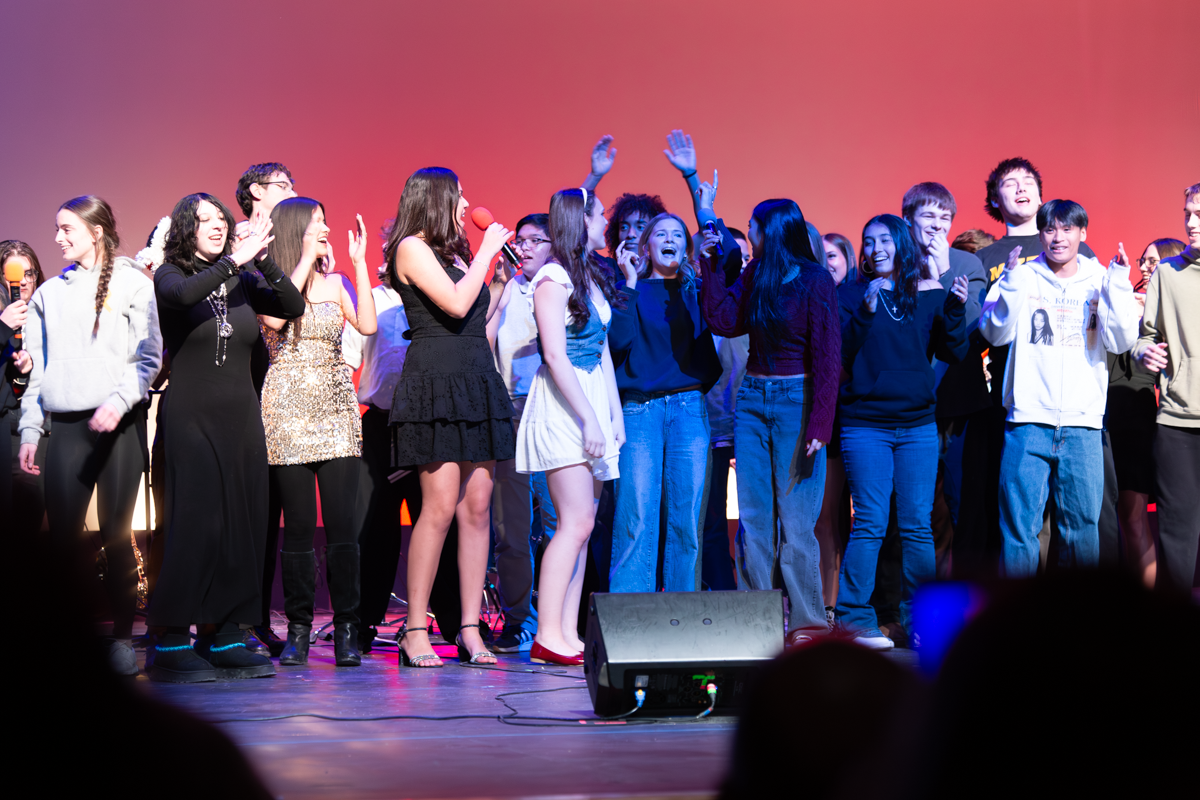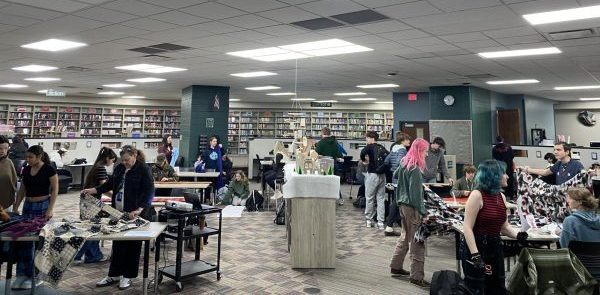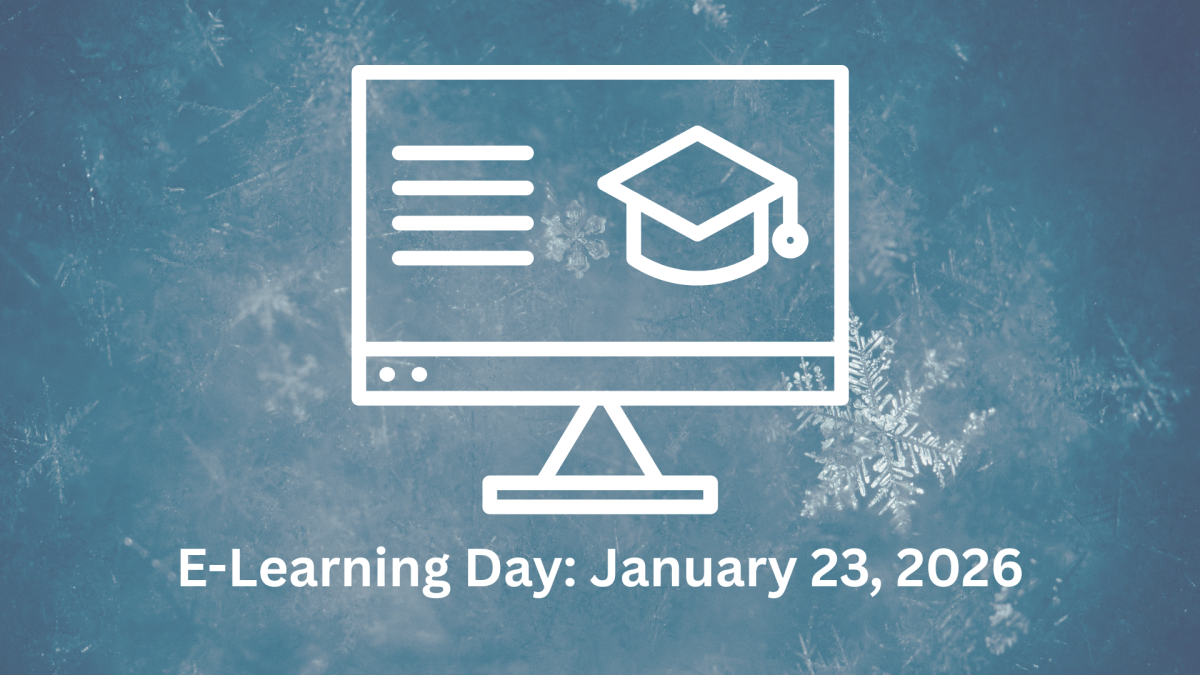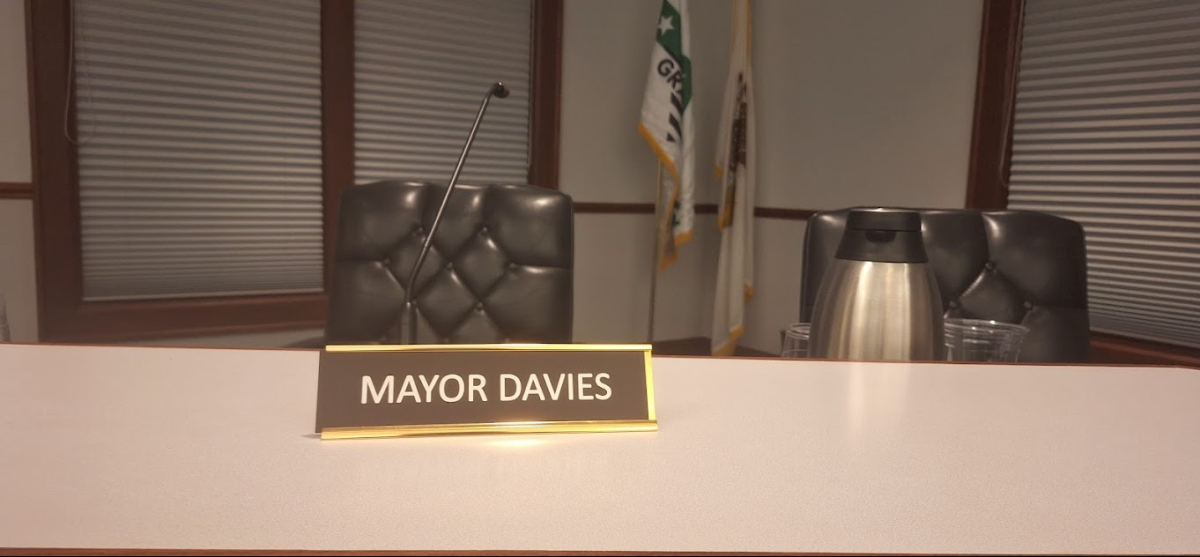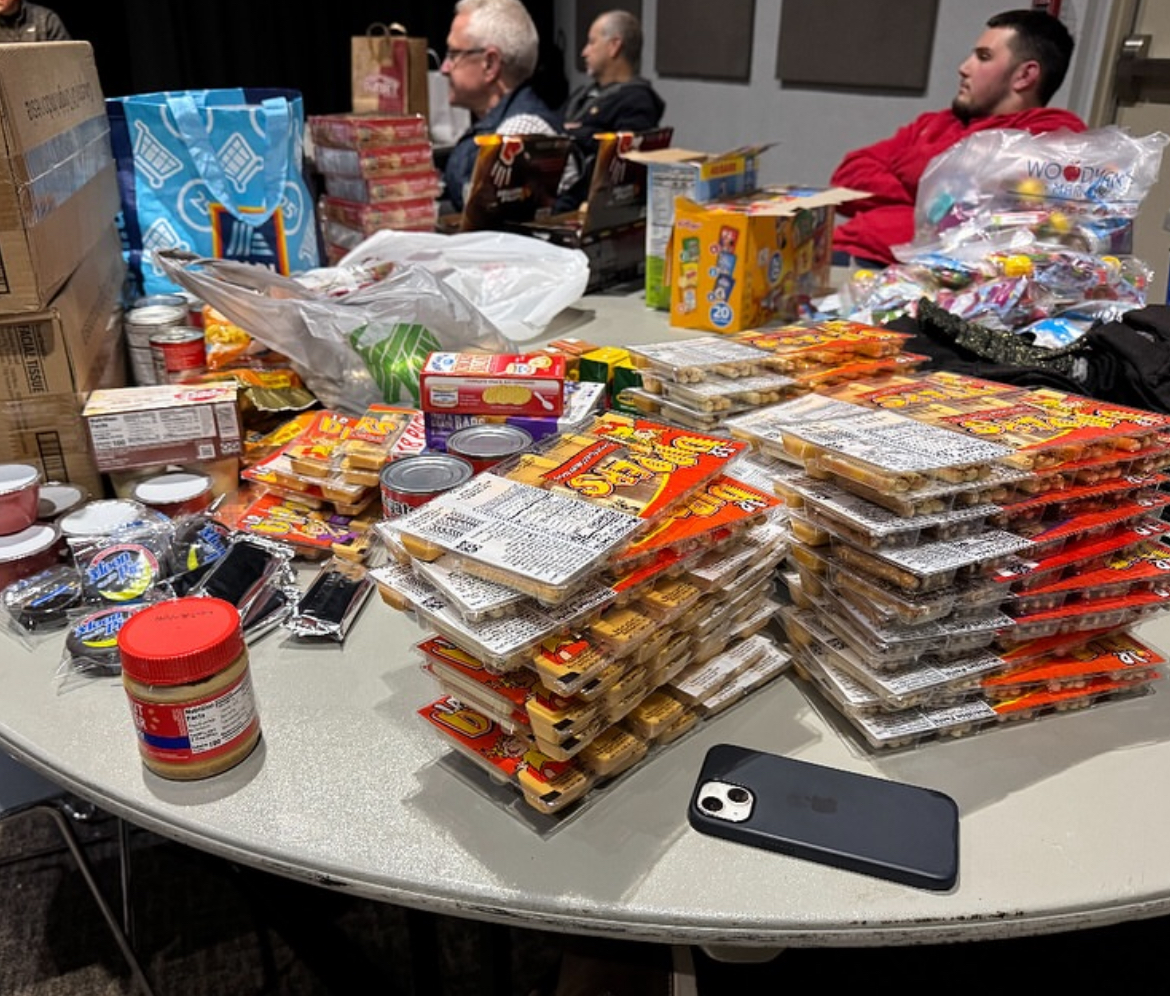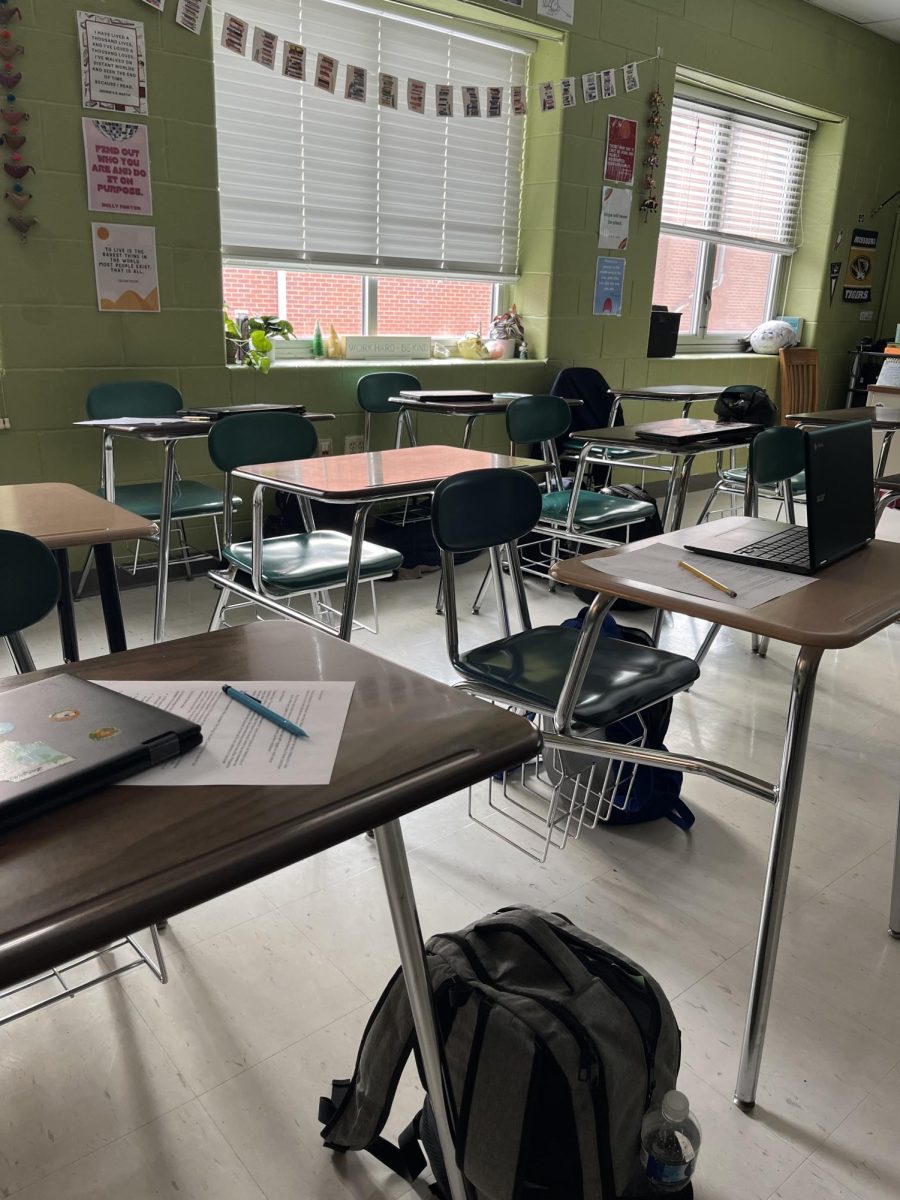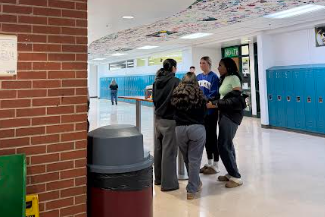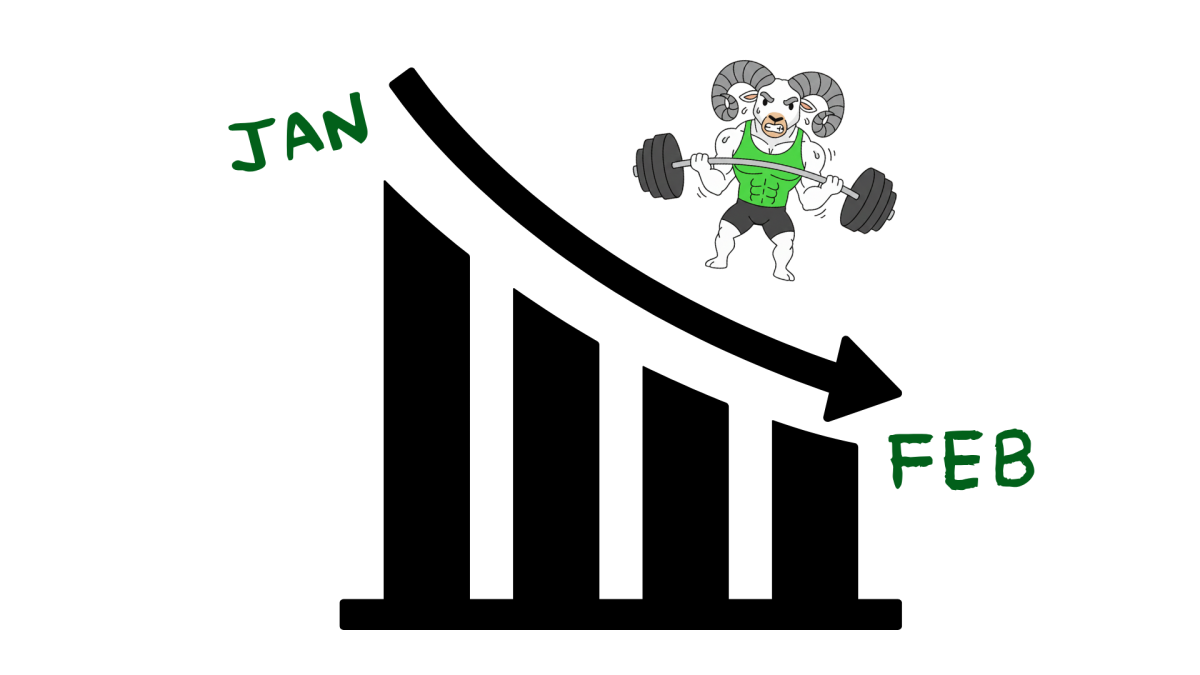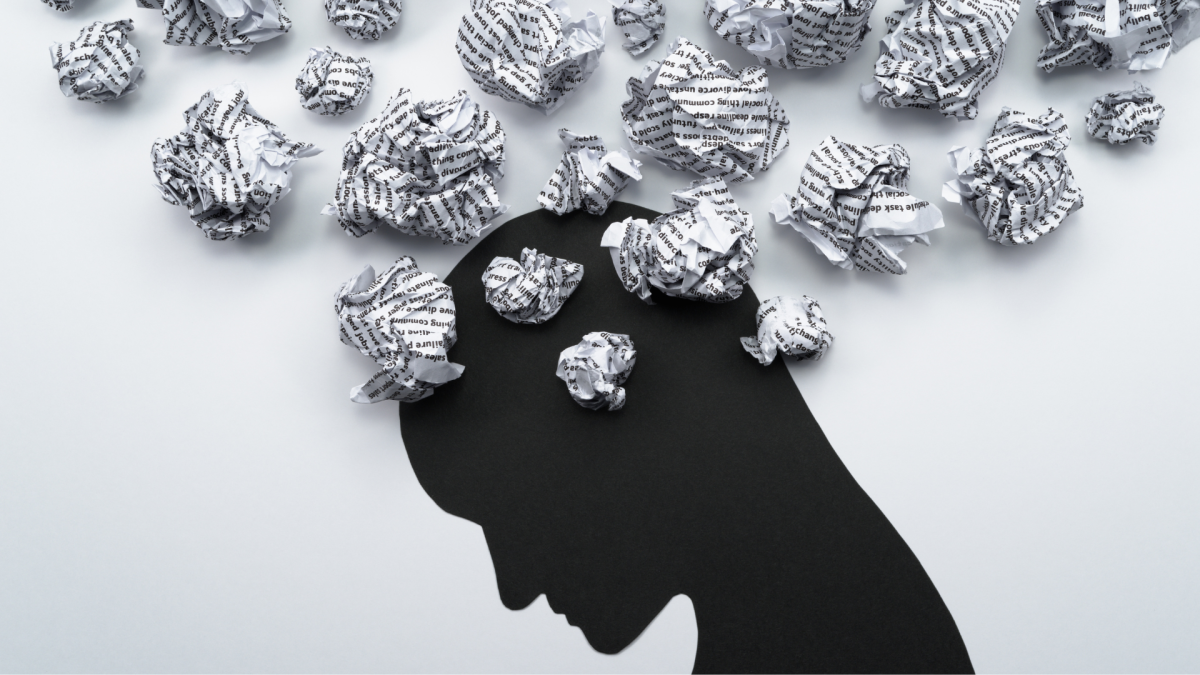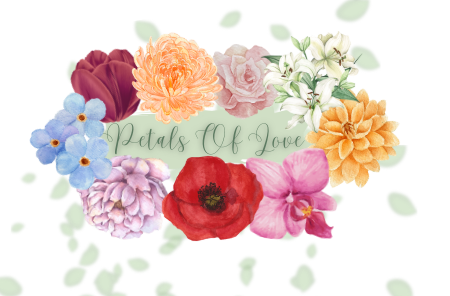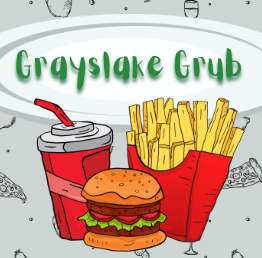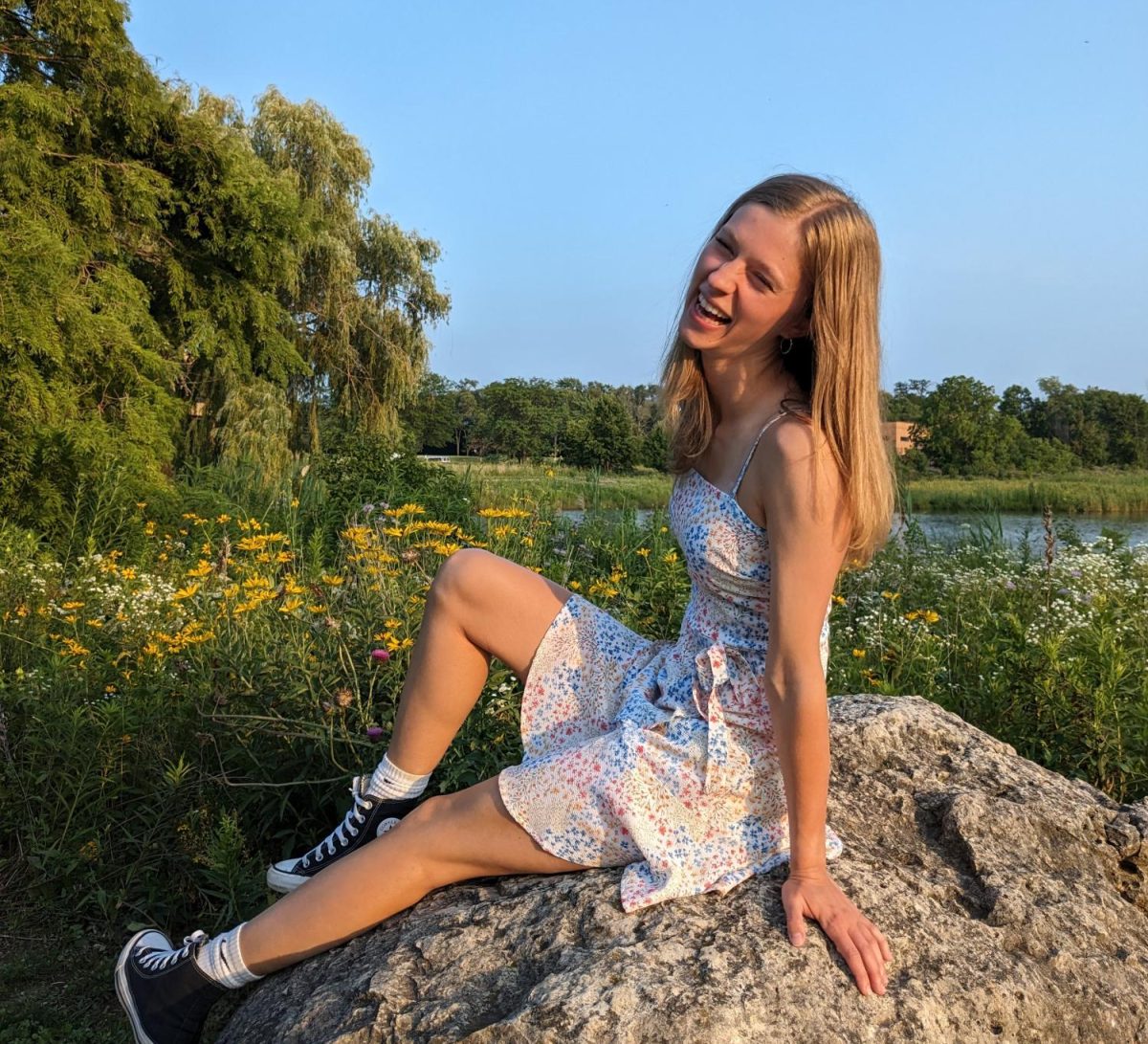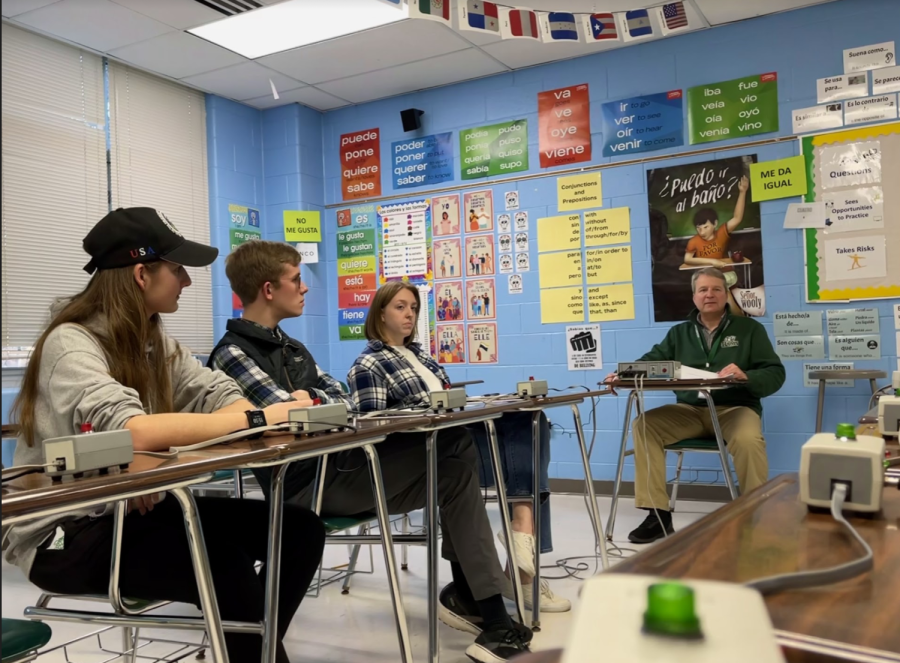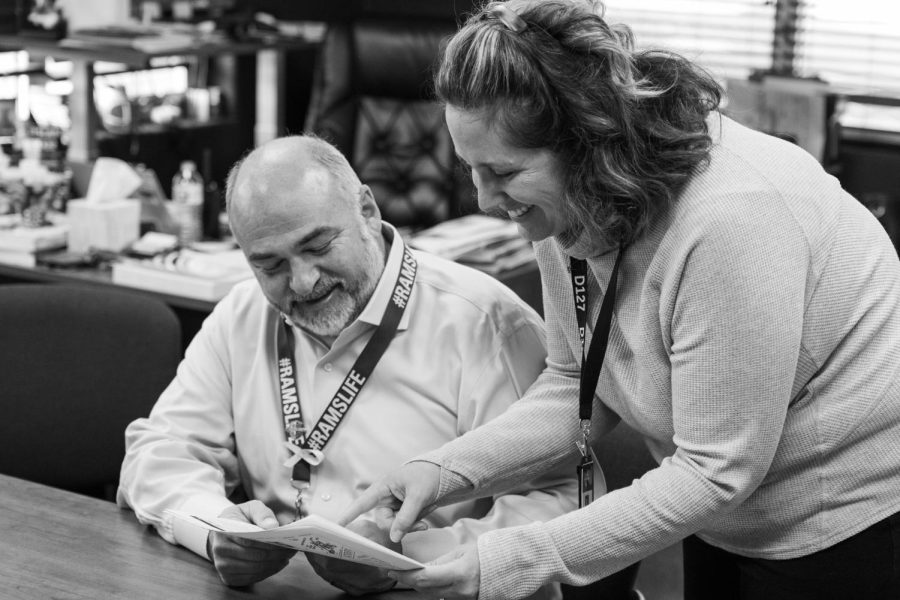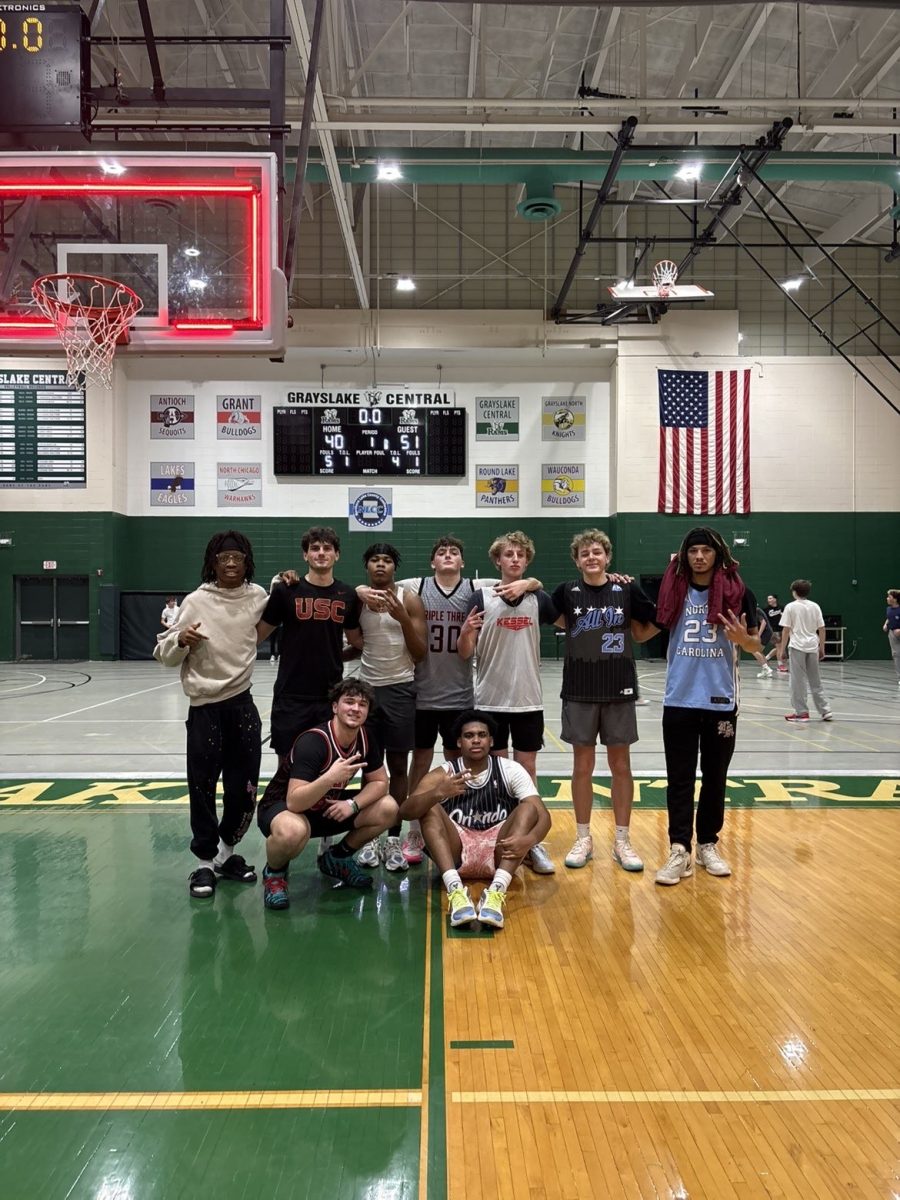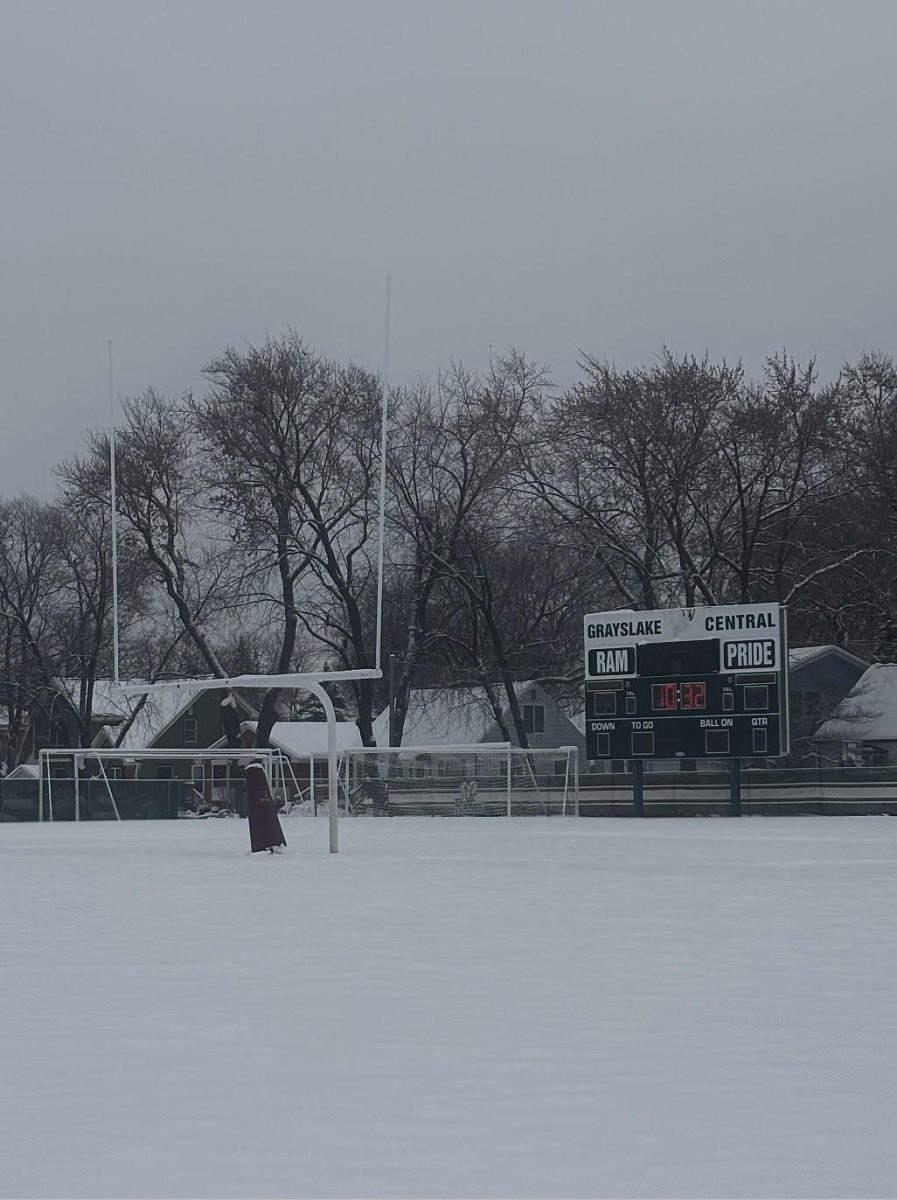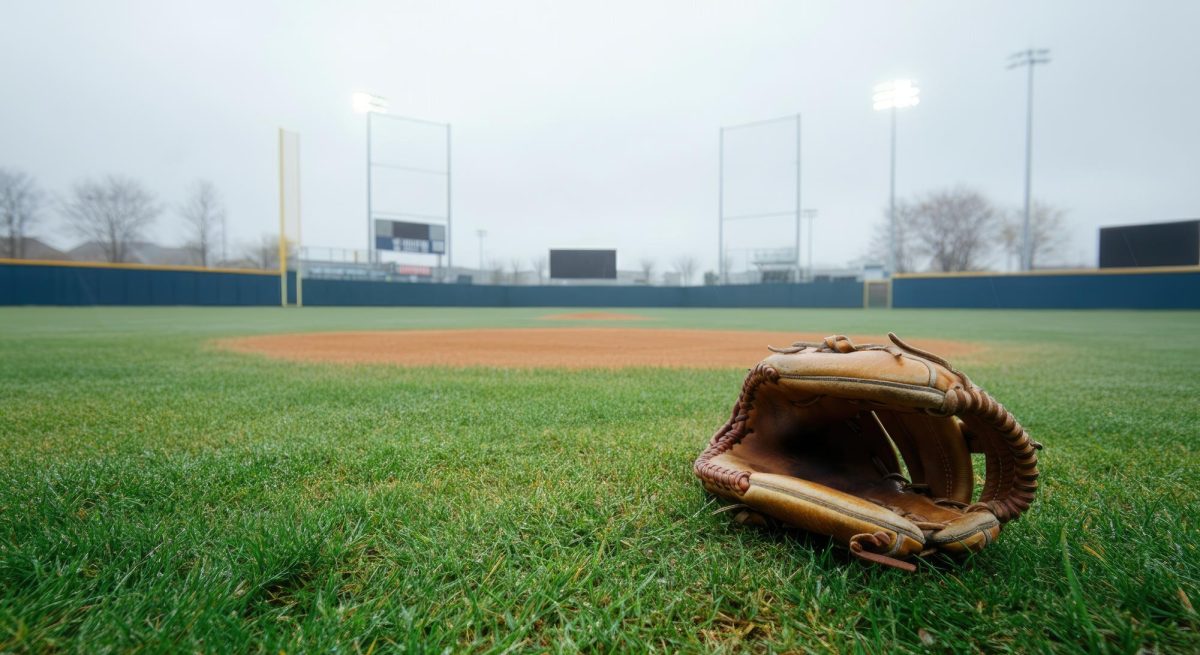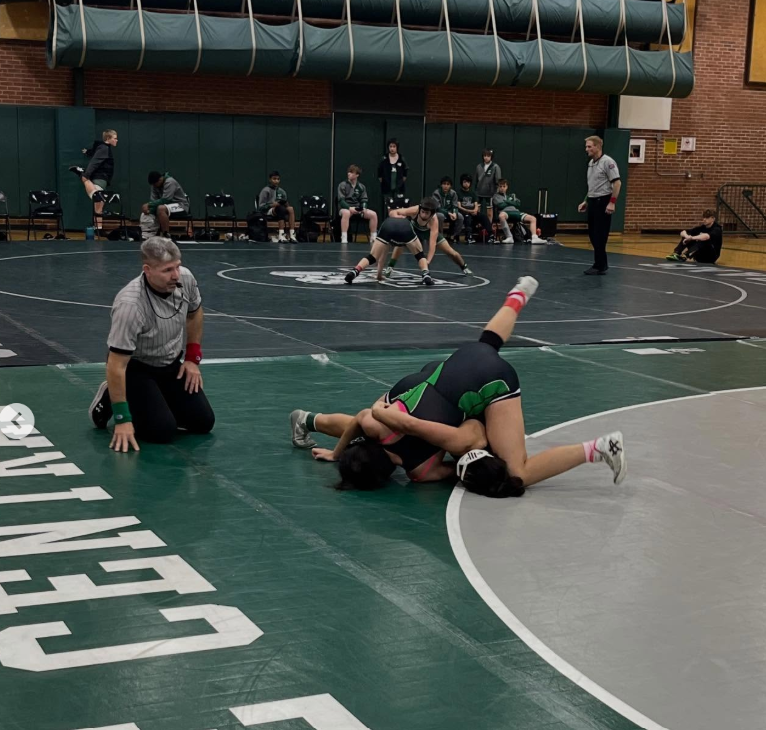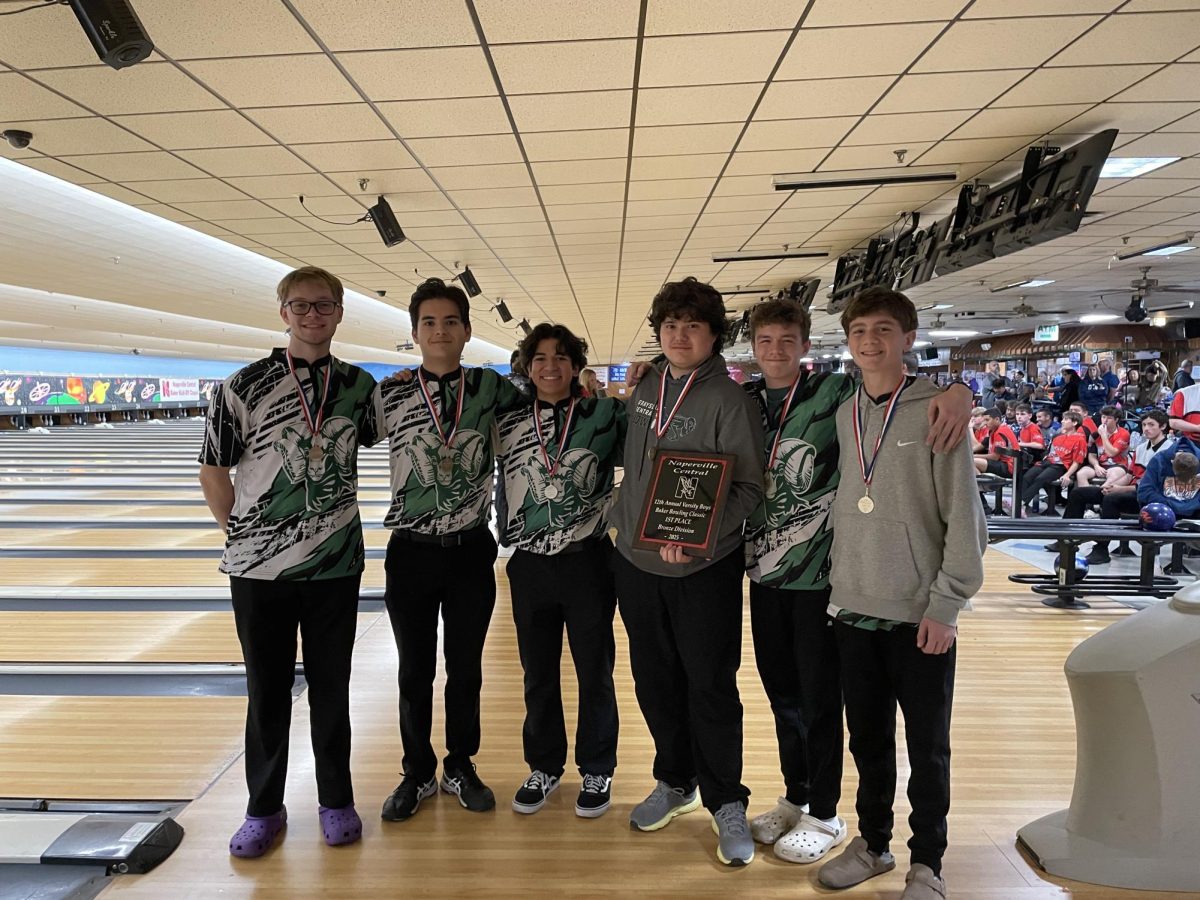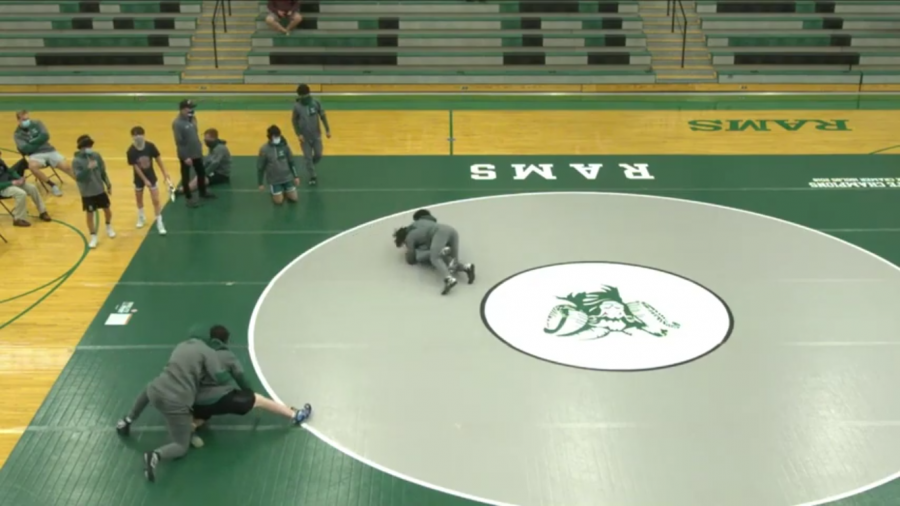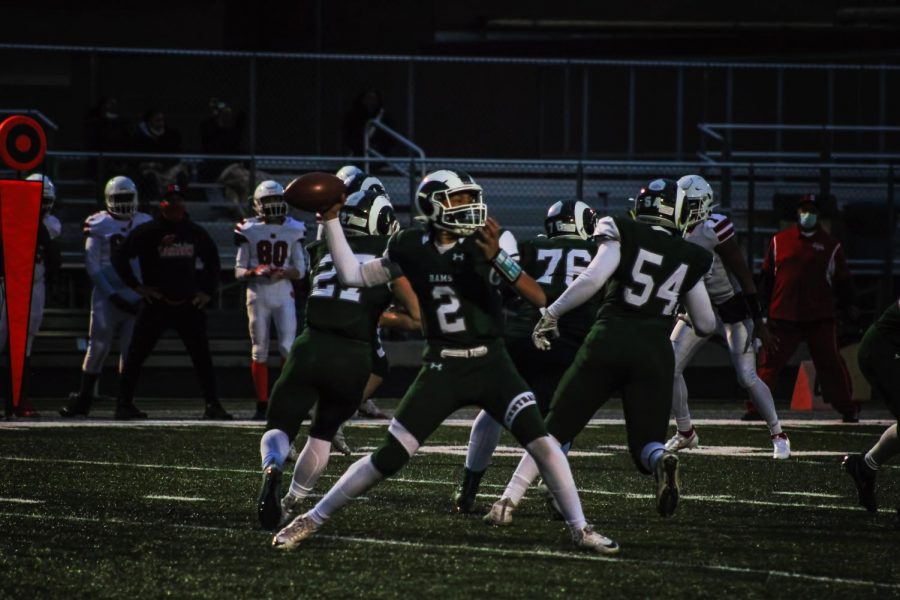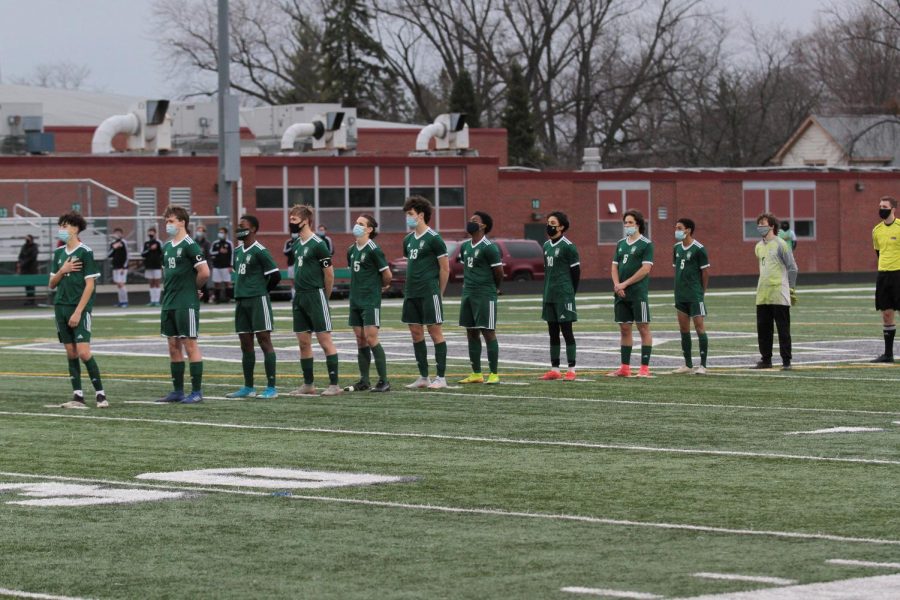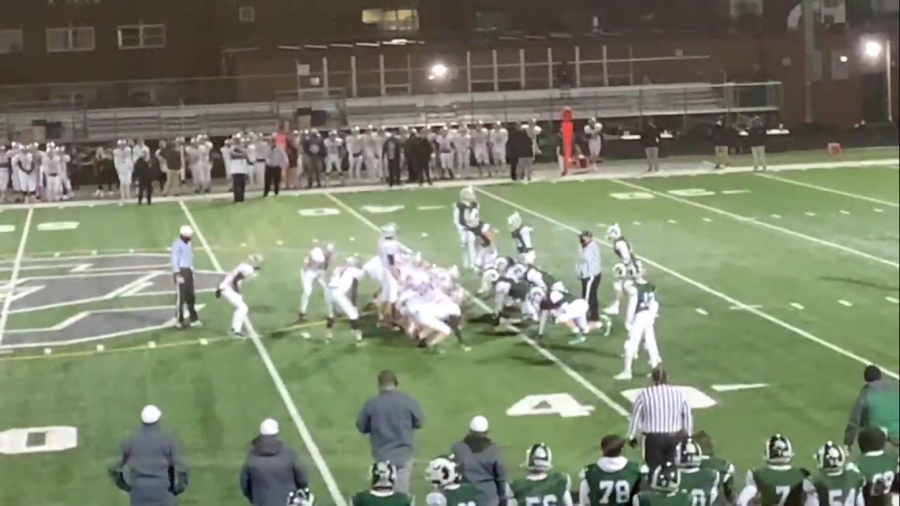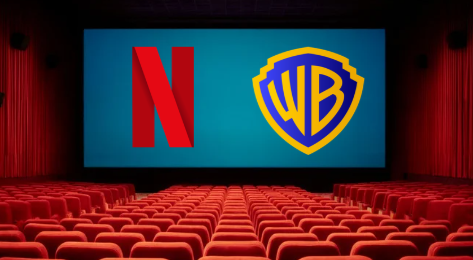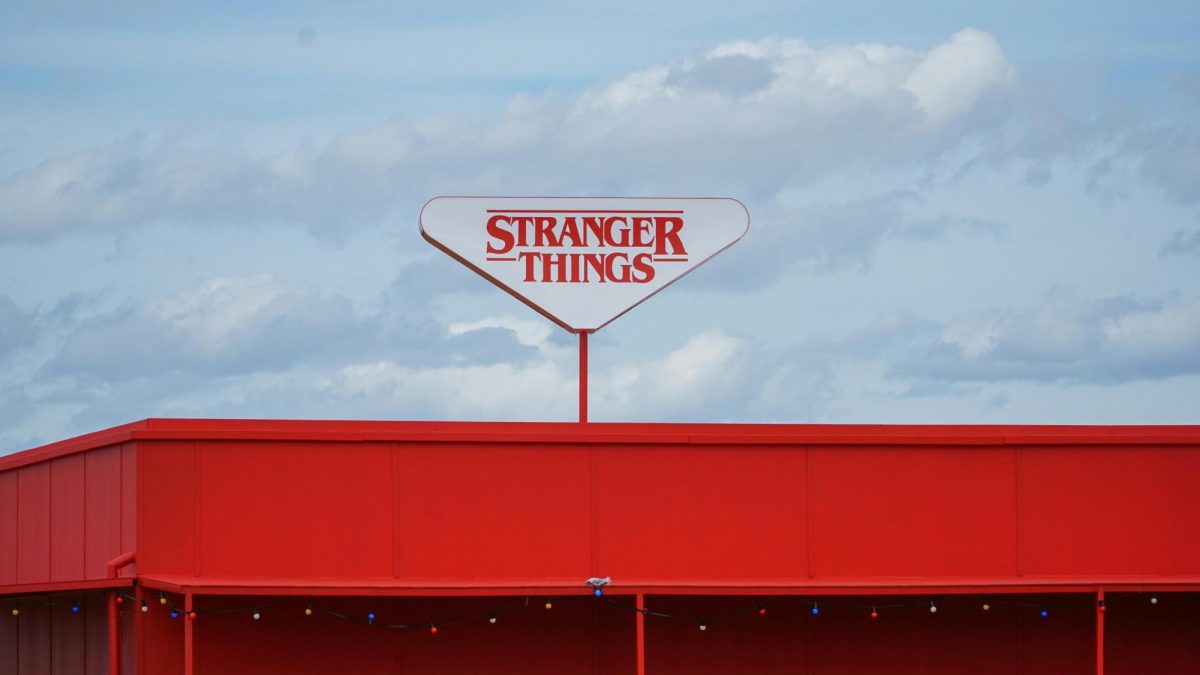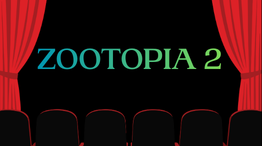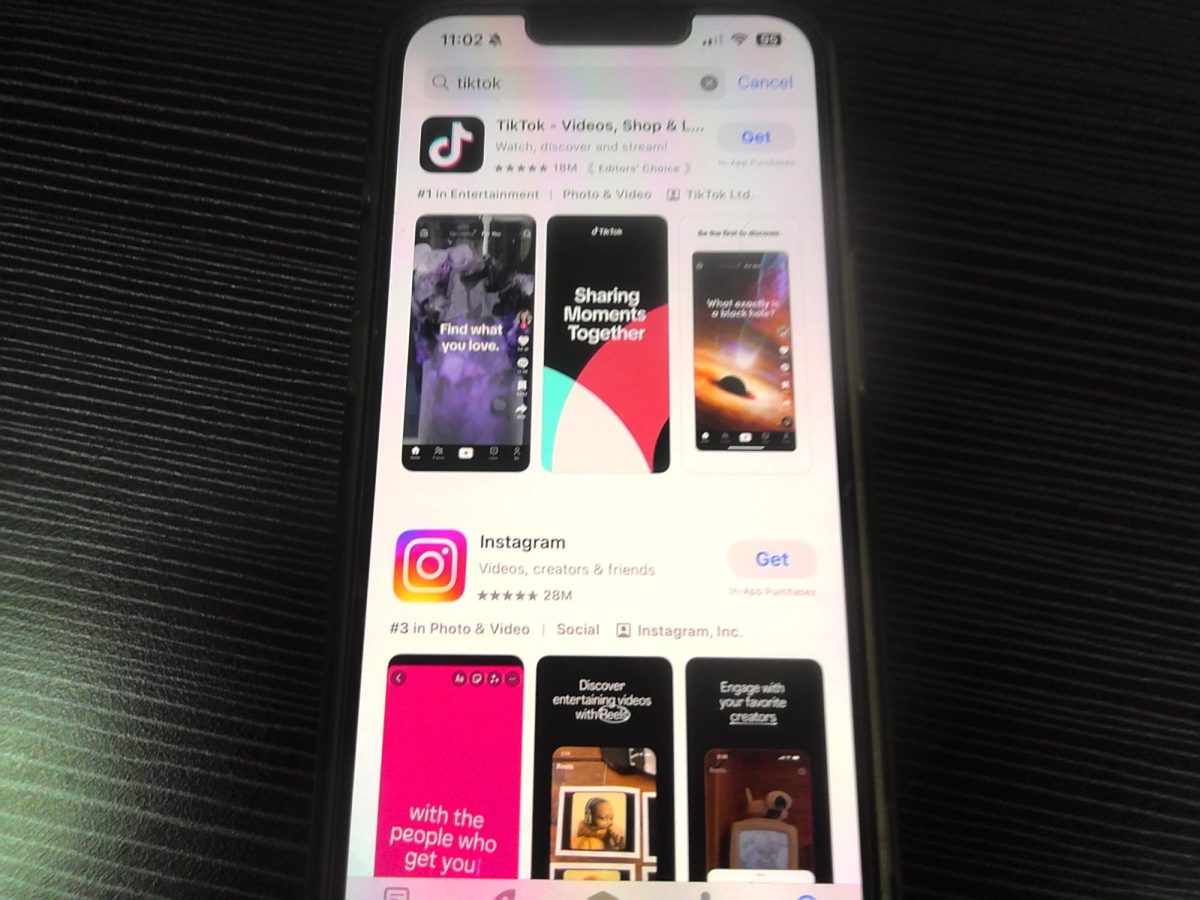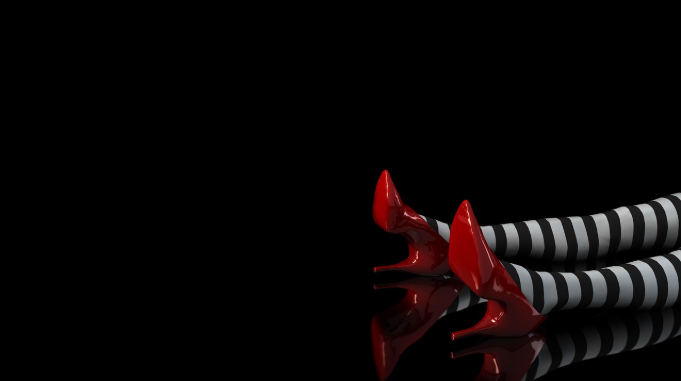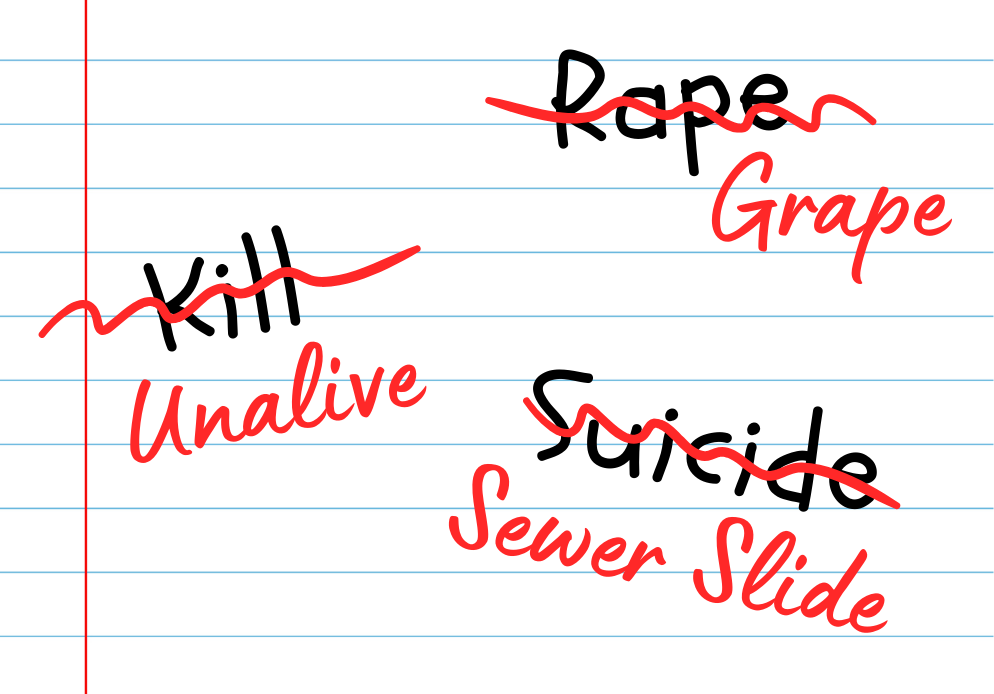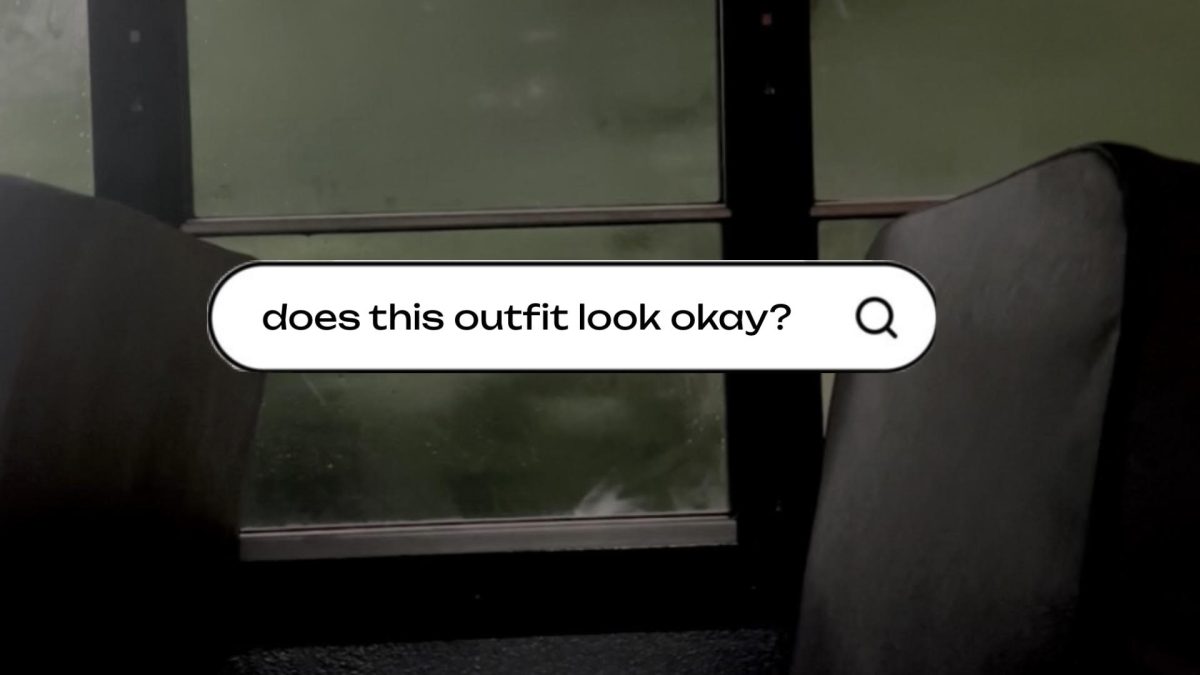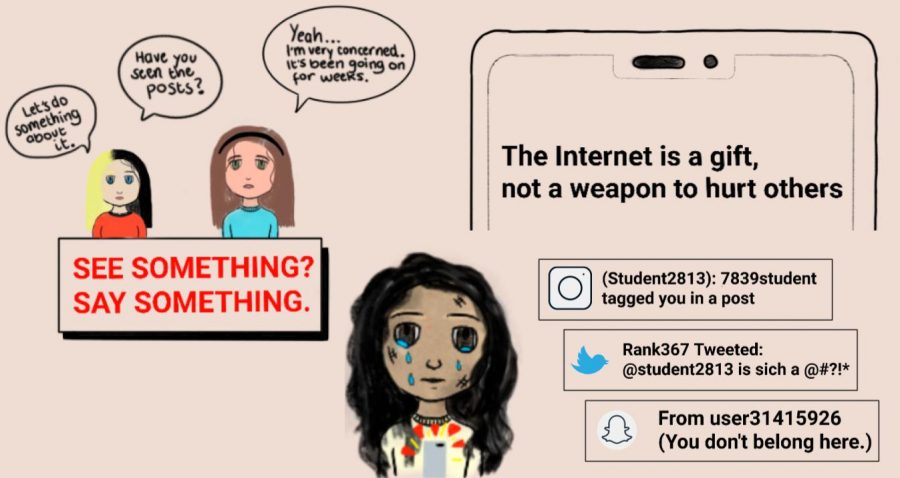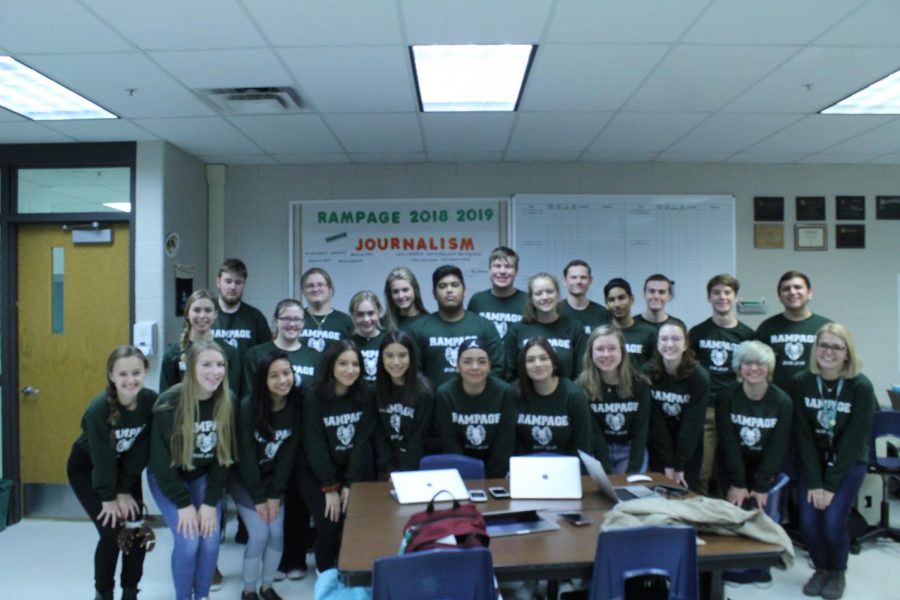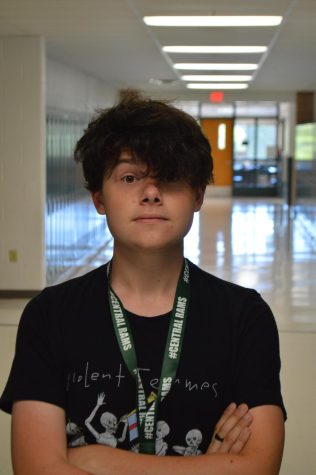Teen’s caffeine dependency growing
Caffeine has become more and more common in high school.
With so many options avaliable to shoppers, coffee is a new favorite of many high school students.
November 23, 2020

A survey of GCHS students reveals nearly three quarters drink caffeine.
The world runs on caffeine. From Starbucks, the largest chain restaurant in the world currently, to the most obscure little Indie coffee shop, many businesses seem to thrive making sure humans get their daily caffeine fix. As the teenage group feels more and more pressure from school and other aspects of life, they have also become the most caffeine-hungry age group out there.
According to a 2018 by James McGuinness for The Intelligence, the National Coffee Association has seen the “most robust increase in coffee consumption among those 13-18” since 2014.
One of these teen consumers is junior Jordan Fliegelman. Like many her age, she is an avid drinker of coffee, even from a young age.
“My first coffee was when I was really young, but that’s because I stole it from my grandma, but I started seriously drinking coffee around the time when I was thirteen or fourteen. I started because I honestly needed a pick-me-up. I was always tired. But even then I’d drink about once a week, but by my sophomore year I was up to two cups weekly, but now it’s nearly everyday, “ Fliegelman said.
Fliegelman credits the increase of coffee consumption to the trials of life as a high school student.
“There’s obviously grades, but I also struggle with a balance between that and maintaining friendships and spending time with family,” she continued.
Junior Zachary Krakow also gets his daily caffeine fix from coffee; however, he doesn’t drink caffeinated beverages solely for the caffeine.
“I feel like a big part of it is that I just enjoy the taste of certain drinks that contain caffeine. While I guess caffeine itself doesn’t have much flavor, it’s still in so many drinks that would be good, even without it. But it’s also because we are so busy, all of the time, with our friends, our family and our work for school that we have to find a way to stay energized,“ Krakow said.
Krakow is aware coffee is not the only caffeinated drink in his life. Krakow said, “I’ve been drinking stuff with caffeine since I was around nine or ten. But that’s mainly because most sodas already have a little bit of caffeine in them.[…] My cousins, who are my age, drink a lot of energy drinks [such as] Monsters, [or] Redbulls.”
Sophomore Brooke Danca sets herself apart from some of her peers. Danca, unlike many, does not frequently drink caffeine, instead relying on a healthy sleep schedule to stay alert in class.
“Well, when I drink soda, it’s not for the caffeine, it’s just the drink usually tastes good. I honestly don’t think I need it. […] they [students] probably dont sleep that well, so they are really tired, so they feel like they need the extra kickstart,” said Danca.
Danca also credits caffeine’s popularity to how common it is in our society. “I feel like we consume so much caffeine because it’s so available. Now there’s so much caffeine easily available. You look at a place popular with our age group, it’s usually like Starbucks, where almost all drinks contain caffeine in one way or another. I feel like if you watch old movies, you see our people our age having sodas and milkshakes and other drinks that are not caffeinated,“ said Danca.
Danca shares how she feels one can avoid the drowsiness that also drives caffeine consumption. “It’s important to turn off your devices, both for school and personal, before you go so your mind can relax without thinking about social media and other stuff. I would recommend getting your homework done as early as possible, so it doesn’t end up bothering you later on in the night,.” said Danca.

